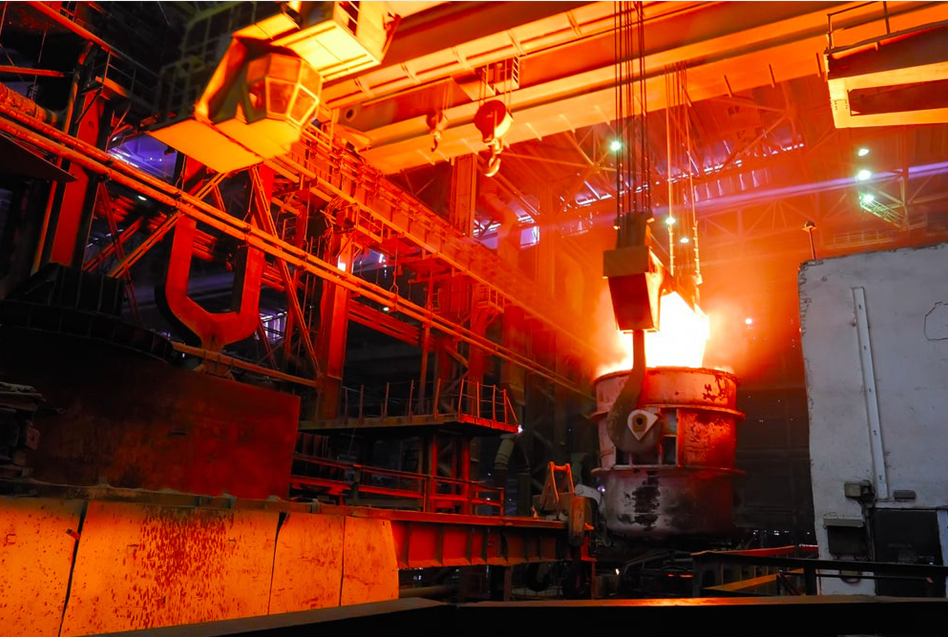
Dječji bicikl od legure magnezija od 3-8 godina Jeftini vruća prodaja 14 inča dječji bicikl ZAUVIJEK na veliko 2022.

Bicikl Freehub 12/14/16 inča Dječji bicikl Low Rider Bicikli Magnezij aluminijske legure Dječji bicikl 3-8 godina na zalihama

2022 Veleprodaja Hot Sale Dijelovi za bicikle od legure magnezija Dječji bicikl bez pedala Balance Bicikl za djecu u više boja na raspolaganju

Tvornički prilagođeni Kina Bmx bicikli cestovni sport dječji bicikl 12 16 18 20 inča bicikl Mtb za djecu 6-10 godina

Popularni dječji sportski bicikl Visokokvalitetni dječji balans bicikl Dječji bicikl

Bicikli za djecu Dječji bicikli za djecu od 3-16 godina /OEM Baby Dječji biciklistički dječji planinski bicikli 2022.

Električni bicikl od legure magnezija 12 inča integrirani kotač 36v10ah električni moped

Veleprodaja Dječji ciklus od legure magnezija za 3 do 5 godina 12 inča dječji ciklus OEM jeftini

 0086-750-5616188
0086-750-5616188 +86 13392089688
+86 13392089688 sales@zhongmei-tech.com
sales@zhongmei-tech.com









